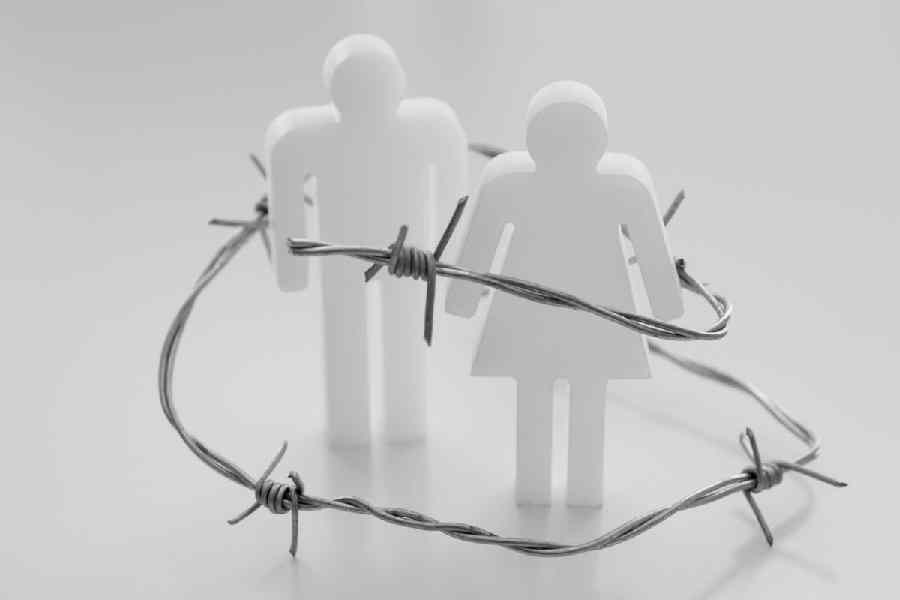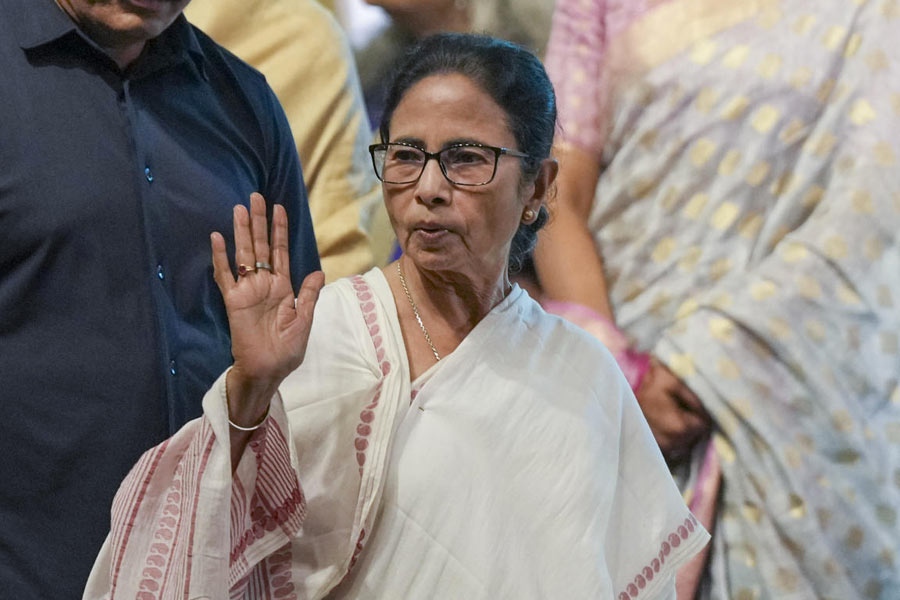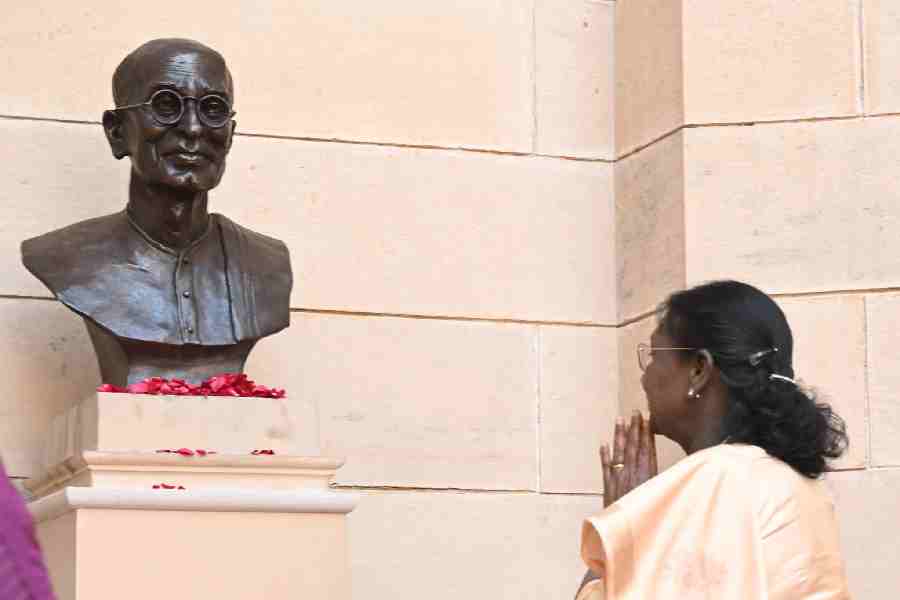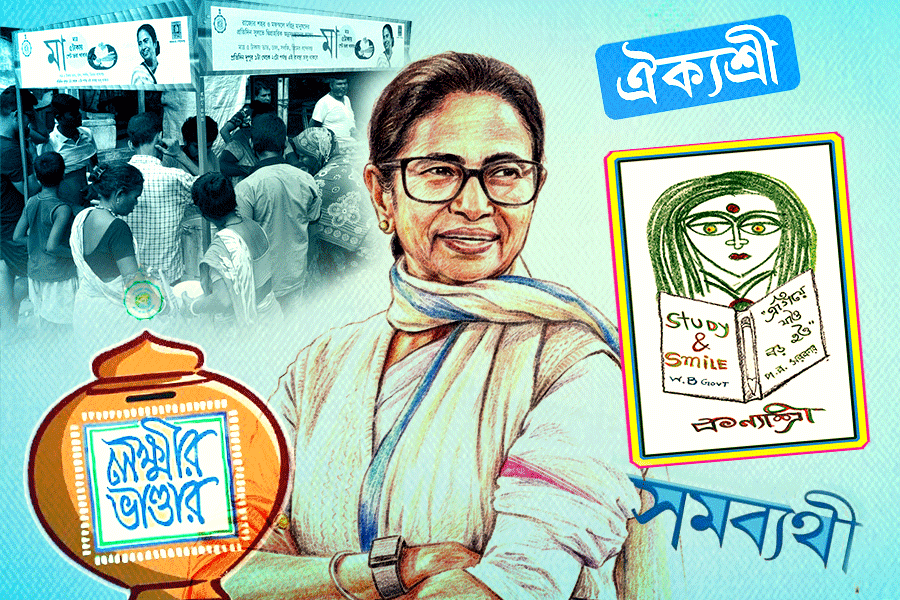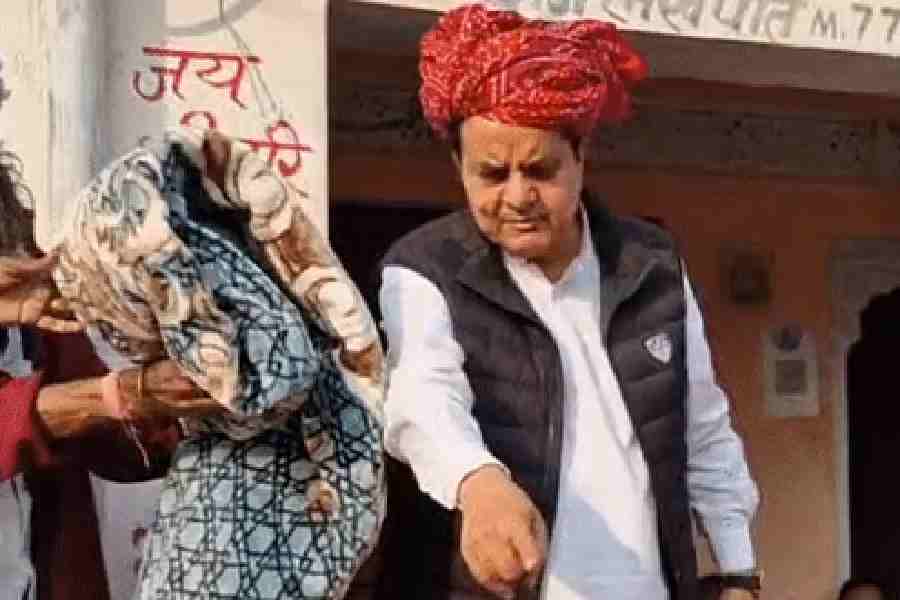Resorting to lethal violence in response to imagined blemishes on individual or community honour is a disheartening reality in contemporary society. Three women in Haryana were killed simply because their family members opposed their inter-caste marriages and relationships. In yet another incident, a man in Rajasthan was killed by his brother-in-law for allegedly eloping and marrying a woman from another community.
The deep-rooted cultural notion that a family’s reputation hinges on dictating the personal choices of its members fuels such acts of violence. To this date, many communities and families hold on to the ill-founded, medieval belief that murdering a family member who defies their norms would redeem family honour and preserve their social standing.
Smothering an individual’s freedom to choose under the pretext of clan honour has a chilling effect on society. Victims are stripped of their individual agency and are compelled to conform to societal or familial expectations driven by rigid social hierarchies.
Regrettably, India lacks a centralised record of such ‘honour’ killings. The absence of accurate data despite the prevalence of such crimes is deplorable. These crimes are registered under generic offences of homicide like murder and criminal conspiracy, leading to the invisibilisation of honour-based violence.
Although crimes related to honour remain widespread, there is no national legislation to tackle such offences. Crimes linked to honour are registered under the general criminal provisions set forth in the Bharatiya Nyaya Sanhita. The disjointed legal framework and its inconsistent application further exacerbate the problem. The provisions in criminal laws fail to recognise the social dynamics that differentiate honour killings from other forms of homicide. Enacting a dedicated legislation would resolve the various issues that existing penal codes either overlook or fail to address adequately.
When faced with the issue, the Supreme Court had observed that “There is nothing honourable in such killings, and in fact they are nothing but barbaric and shameful acts of murder committed by brutal, feudal-minded persons who deserve harsh punishment... This is a free and democratic country, and once a person becomes a major, he or she can marry whosoever he/she likes. If the parents of the boy or girl do not approve of such inter-caste or inter-religious marriage, the maximum they can do is cut off social relations with the son or daughter, but they cannot harass the person who undergoes such inter-caste or inter-religious marriage.” While the apex court has consistently stepped in to safeguard the freedoms of individuals to choose their partners, its directives and rulings need to be complemented by an adequate centralised law.
Honour killing guillotines the principles of individual autonomy and justice and represents one of the most egregious obliterations of personal freedom and liberty guaranteed by the Constitution. The protection of these constitutional rights and the dismantling of this dark underbelly of societal norms are of pivotal importance. Policies and laws that address honour killings need to comprehend the causal factors and a multifaceted approach must be facilitated to slaying this evil.

